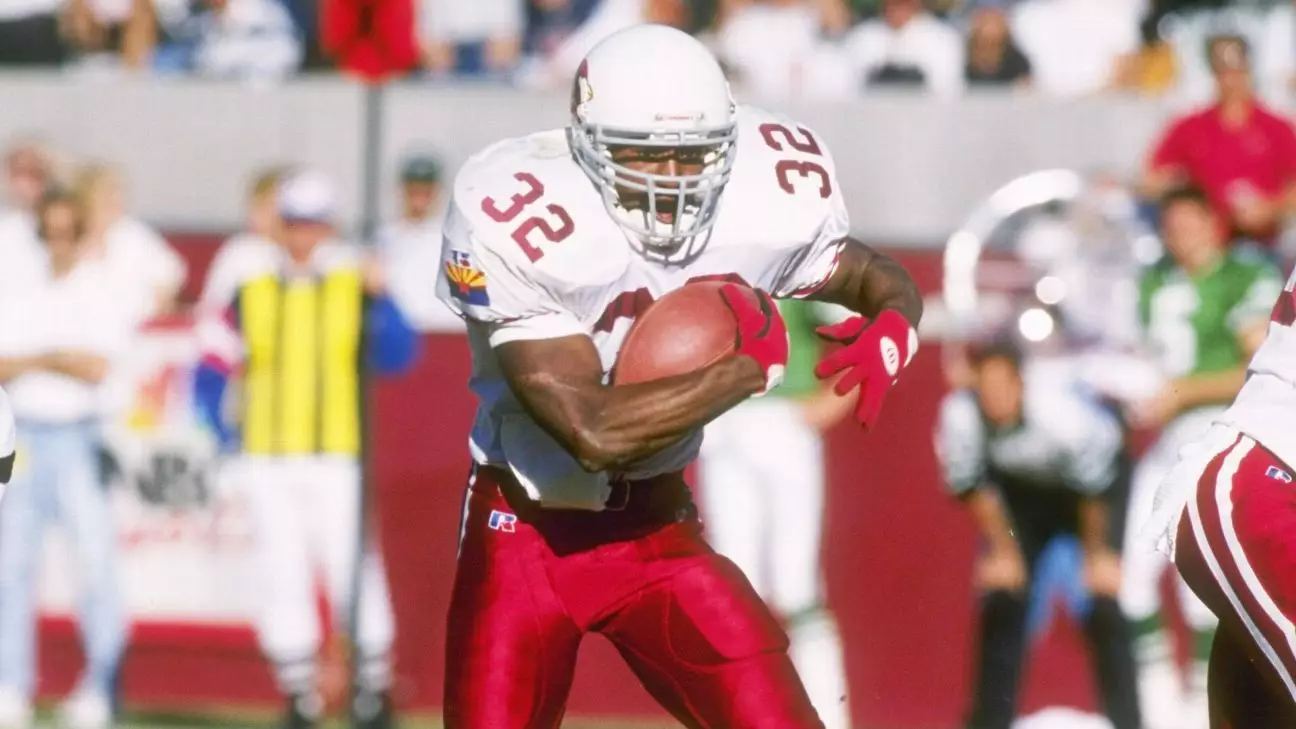Former NFL running back LeShon Johnson’s recent legal troubles highlight a disturbing intersection of sports celebrity and egregious animal cruelty. The magnitude of the federal charges against him—191 counts stemming from the alleged possession and trafficking of pit bull-type dogs for use in dog fighting—may leave fans and the general public questioning the integrity of those we admire. The case not only underscores the abhorrent realities of animal fighting but also serves as a harsh reminder that athletes can fall from grace, descending into dark realms that betray their celebrated status.
The Scale of the Operation
What makes this particular case striking is the sheer scale of the alleged operation. The U.S. Department of Justice (DOJ) indicated that the number of dogs seized—190—represents an unprecedented figure for a single individual in a federal case of this nature. Such overwhelming statistics bring to light the alarming prevalence of animal fighting rings in America. It raises serious discussions regarding public awareness and the need to confront this despicable practice. As we delve deeper into this matter, we must question what drives individuals like Johnson to engage in such acts of cruelty, despite being a role model for many.
Legal Ramifications and Consequences
The legal repercussions Johnson faces are severe, with each of the 21 counts carrying the potential for a five-year prison term and a $250,000 fine. The severity of these penalties reflects our society’s disapproval of animal cruelty, an issue that has gained traction in recent years. Attorney General Pamela Bondi’s vehement declaration that “animal abuse is cruel, depraved, and deserves severe punishment” encapsulates the collective sentiment towards such cases. It not only serves to reaffirm the law’s stance on animal welfare but positions the Johnson case as a pivotal moment, possibly igniting stronger anti-dogfighting legislation.
The Fallout from Fame
Johnson’s previous career as a professional football player complicates the narrative. His rise in fame and subsequent fall into the darker aspects of life evoke empathy yet shock. Having initially captivated audiences with his athleticism and achievements, his involvement in animal fighting paints a contrasting picture of moral failure. It raises questions about the pressure and psychological ramifications that come with fame, pushing some individuals to engage in unethical activities once the spotlight dims. There’s a critical need to rethink how we idolize personalities without holding them accountable for their actions beyond their professional lives.
Redefining Responsibility
In a world where celebrity culture often overshadows ethical considerations, the LeShon Johnson case provides an essential opportunity for reflection on accountability and responsibility. It reiterates that public figures are not beyond the reach of the law, nor should they be exempt from societal expectations of compassion and decency towards all living beings. The increasing awareness of animal rights and welfare is a testament to progress, but the fight against violence towards animals is far from over. This case is not just about the punishment of one individual but serves as a clarion call for more significant efforts in curbing animal abuse in its various forms.


Leave a Reply